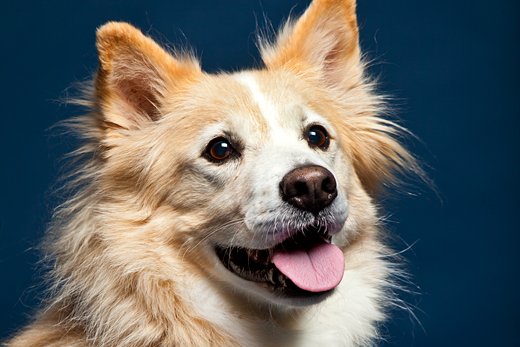This will be his earliest memory. Red light, morning light. High ceiling canted overhead. Lazy click of toenails on wood. Between the honey-colored slats of the crib a whiskery muzzle slides forward until its cheeks pull back and a row of dainty teeth bare themselves in a ridiculous grin.
So begins the bond between Edgar Sawtelle and Almondine, the dog who, he will later say, “bore his soul.” As Edgar—title character of The Story of Edgar Sawtelle, the best-selling 2008 novel by David Wroblewski—grows up, surrounded by the remarkable dogs his family breeds, raises, and trains, Almondine is not merely his constant companion; she is his family, his soulmate, his deepest and most enduring love.
Canine characters abound in literature, from the loyal Old Yeller, Sounder, and Old Dan and Little Ann of tearjerking young-adult classics to Jack London's Buck, Charles Dickens's Jip, and eloquent Enzo, narrator of the more recent The Art of Racing in the Rain. But Wroblewski's debut novel is an exceptionally thorough testament to all that is extraordinary about dogs: their fine emotional intelligence, their desire and ability to serve humans, and their keenly attuned perception. Perhaps most important, Wroblewski describes dogs that have minds of their own, serving as responsive companions not because they have forfeited their free will, but because they gladly dedicate that will to their engagement with people.
The Story of Edgar Sawtelle is a work of fiction, but there is increasing evidence that the high-minded qualities Wroblewski ascribes to dogs are the stuff of fact. In recent years, domesticated canines have emerged as serious scientific research subjects—a development that could arguably be considered long overdue, given their sustained presence in our lives for more than thirty thousand years.
As Emory neuroscientist Gregory Berns points out in his 2013 book How Dogs Love Us, the modern study of man's best friend really began with Charles Darwin, who devoted considerable attention to dogs in his third treatise, The Expression of the Emotions in Man and Animal.

